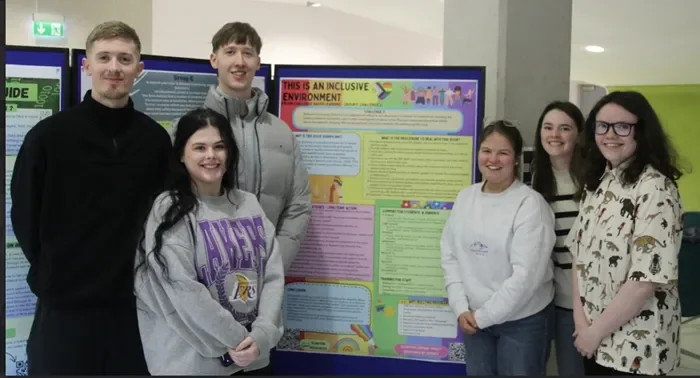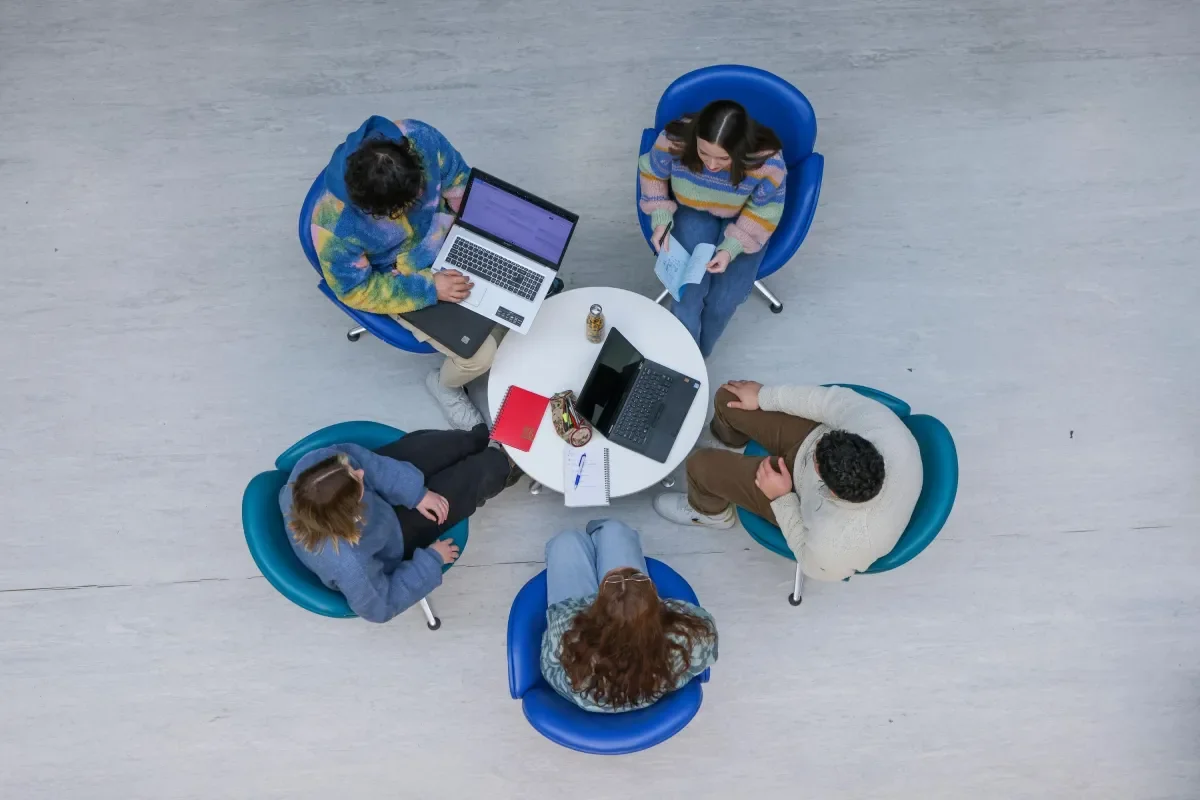
Challenge-Based Learning
What is Challenge-Based Learning (CBL)?
According to DCU, Challenge-Based Learning (CBL) is a process of collaborative engagement with peers, academics, and stakeholders to develop solutions to real-world social, technological, environmental and economic challenges of urgency and significance. CBL is a distinctively learner-driven pedagogy where learners, with the support of academics, define the dimensions of the challenge to be worked on. Throughout the process, learners are given opportunities to acquire the necessary knowledge and skills to propose solutions for the challenge in question.
More information available here.
The CBL Cycle
The CBL Cycle has three phases: Engage, Investigate and Act. The CBL phases are interrelated and facilitate a collaborative learning process by working towards a solution or recommendation.
Engage
This is the first phase in the CBL framework. In this phase, students engage in the big idea and seek to narrow down their focus for the second Investigate phase. Sometimes students are naturally grouped into teams on the basis of their focus, other times students are already working in pre-defined groups.
Investigate
This is the second phase in the CBL framework. In this phase, teams use guiding questions to find out what information they need to solve the challenge and what guiding activities are required to find that information. During the Investigate phase students immerse themselves in researching and investigating problems and potential solutions for the challenge.
Act
During the Act phase, teams are designing solution concepts offering several possible solutions. The teams design prototypes and/or recommendations for the selected solution. This should be followed by solution implementation and evaluation by stakeholder(s). CBL solutions or recommendations should have relevancy within a stakeholder context.
Examples of Challenge-Based Learning at DCU
Example 1: The Challenges (and Opportunities) of Challenge-Based Learning within Initial Teacher Education (ITE)
A reflection from Module Coordinators Dr Elaine McDonald and Dr Sabrina Fitzsimons
This core final year module (EDS1041:Sociology of Education) introduces student teachers to the socio-cultural issues that have an impact on the school/classroom community. These include topics such as global trends in education, sustainability, global citizenship and AI in education. It also has a strong focus on inclusion. It looks at issues such as the relationship between school and society, educational disadvantage, gender in education, inclusion and interculturalism in education. Approximately 90-100 students complete the module each year. Read more here.

Example 2: BA in Climate & Environmental Sustainability CBL
A reflection from Module Coordinator Dr Darren Clarke
The BA in Climate & Environmental Sustainability (BCES) is one of several DCU Futures programmes that aims to radically re-imagine undergraduate education for the 21st century to address complex global challenges and empower students to thrive in an increasingly unscripted world defined by volatility, uncertainty, complexity, and ambiguity. When we first set out to develop a new undergraduate degree programme in 2020, we were keen to ensure that challenge-based learning was a core part of the student learning experience across all years of the programme because complex challenges around climate-and sustainability-related topics is what our future graduates will deal with when they graduate and go on to work in this area. With this in mind, we developed a stepped approach to challenge-based learning in our programme across the three years of the programme. Read more here.

Example 3: Exploring Innovative & Disruptive Technologies
A reflection from Module Coordinator Charlie Xu
The module "Exploring Innovative & Disruptive Technologies" is a Challenge-Based Learning (CBL) module delivered annually from September to December in the School of Computing. With approximately 70 participants each year, the cohort includes students from DCU’s BSc Computing for Business and BSc Psychology and Disruptive Technologies, as well as online international students from ECIU partner universities. The module explores real-world challenges aligned with the UN Sustainable Development Goals (SDGs), encouraging multidisciplinary teamwork and collaboration with external stakeholders to propose practical, technology-driven solutions. Read more here.

Learn more...
CBL is embedded as a core pedagogy within the DCU Futures Programmes where it is being implemented in creative ways to enable deep, multidisciplinary learning on subjects that truly matter to students and society today.
Learn more about differences between Challenge-Based Learning, Project-Based Learning and Problem-Based Learning.
If you would like to find out more about Challenge-Based Learning with the view to potentially introducing it to your programme within DCU please contact teaching.enhancement@dcu.ie.
![]() This work by DCU Teaching Enhancement Unit is licensed under a Creative Commons Attribution 4.0 International Licence (CC BY 4.0)
This work by DCU Teaching Enhancement Unit is licensed under a Creative Commons Attribution 4.0 International Licence (CC BY 4.0)
